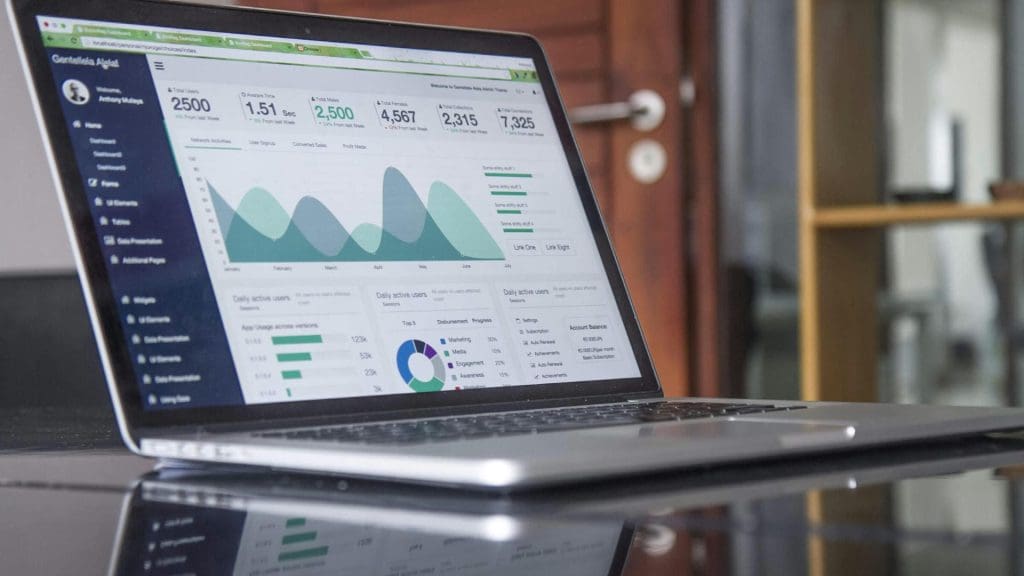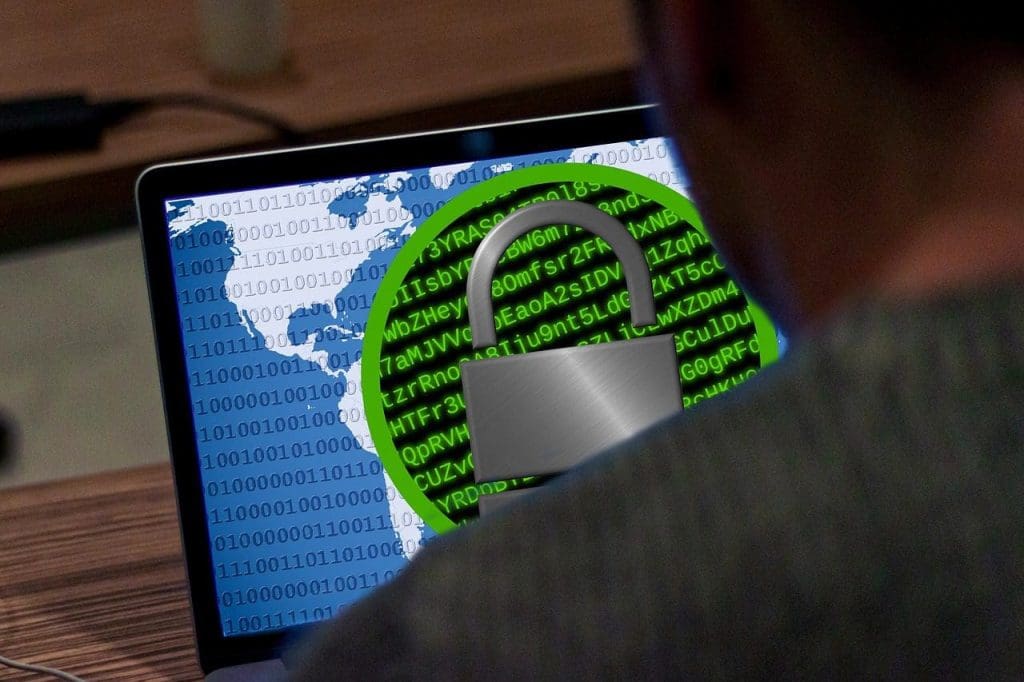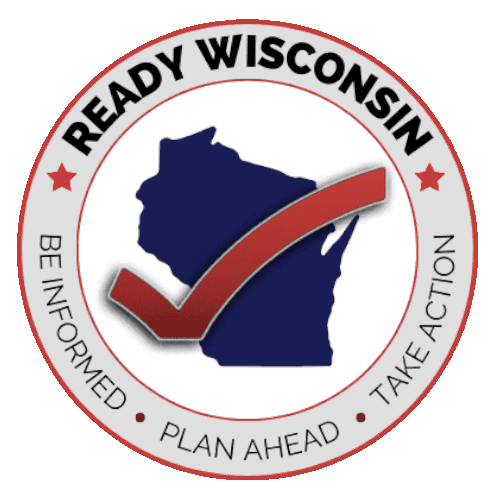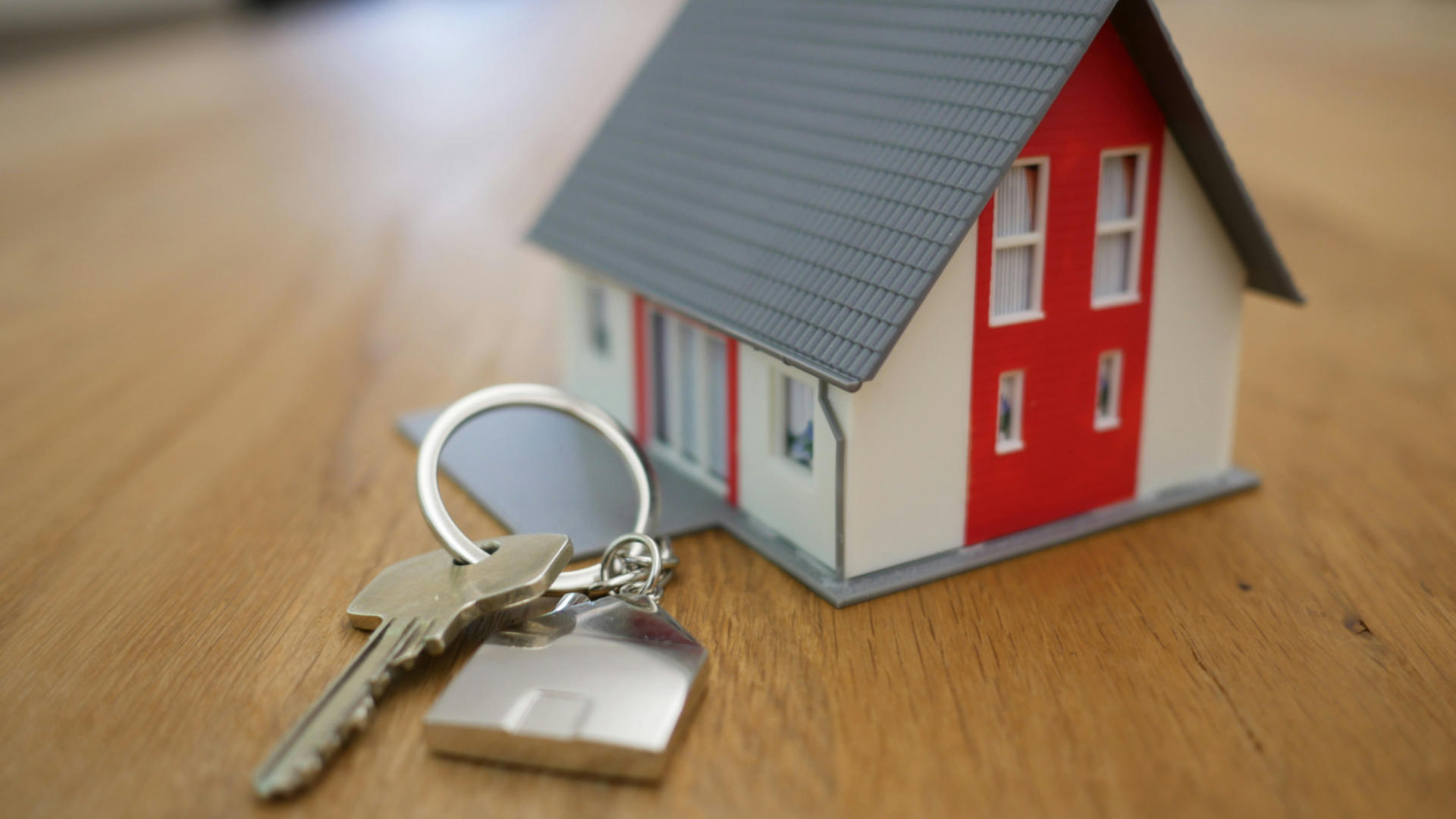When disaster strikes, your immediate concern will be your safety and the safety of those you care about. But once the danger has passed, having important paperwork available can help you start the recovery process quickly. Make sure key documents, such as financial and medical records, are stored safely. Taking time now to safeguard these assets will give you peace of mind, ensure you have access to critical personal information, and help you avoid additional stress after a disaster.

Financial Preparedness
Recovering from a disaster can take time and money. It’s important to consider your financial preparedness while developing your disaster plan. That can include setting money aside to help support yourself while waiting for additional aid and making sure key personal financial, insurance, medical, and other records are accessible – even if you are unable to return home.
Consider putting together an Emergency Financial First Aid Kit to help strengthen your financial preparedness for disasters and emergencies.
Tech Ready
In today’s world, technology plays a crucial role in keeping us informed and prepared during emergencies. While it can be incredibly helpful, relying on tech can also pose challenges, especially if there’s a disruption in power or connectivity. That’s why it’s essential to have a solid plan in place and leverage digital tools effectively to ensure you stay informed, connected, and ready when disaster strikes. Here are some key steps you can take to use technology to your advantage during an emergency.


Safeguard Documents & Valuables
Having the documents you need after a disaster will help you start the recovery process quickly. Think about the documents you would need to help identify yourself, request assistance, and important medical information.
In addition, take time now to think about the priceless personal items you want to protect from damage or take with you if you needed to suddenly evacuate your home.

